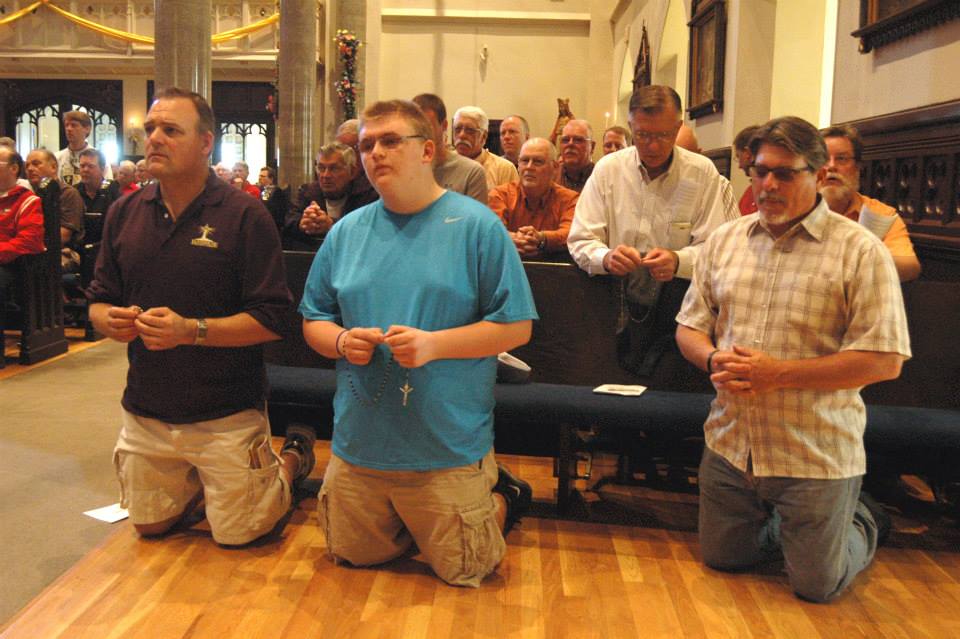Rosary Prayer as a Process
When I look around my house, I see all sorts of bins filled to the top with toys and games. They belong to my boys and they’ve accumulated them over years of Christmases and birthdays. And besides the initial week or two of excitement, many of them go untouched for months. My thought is that […]
Rosary Prayer as a Process Read More »










